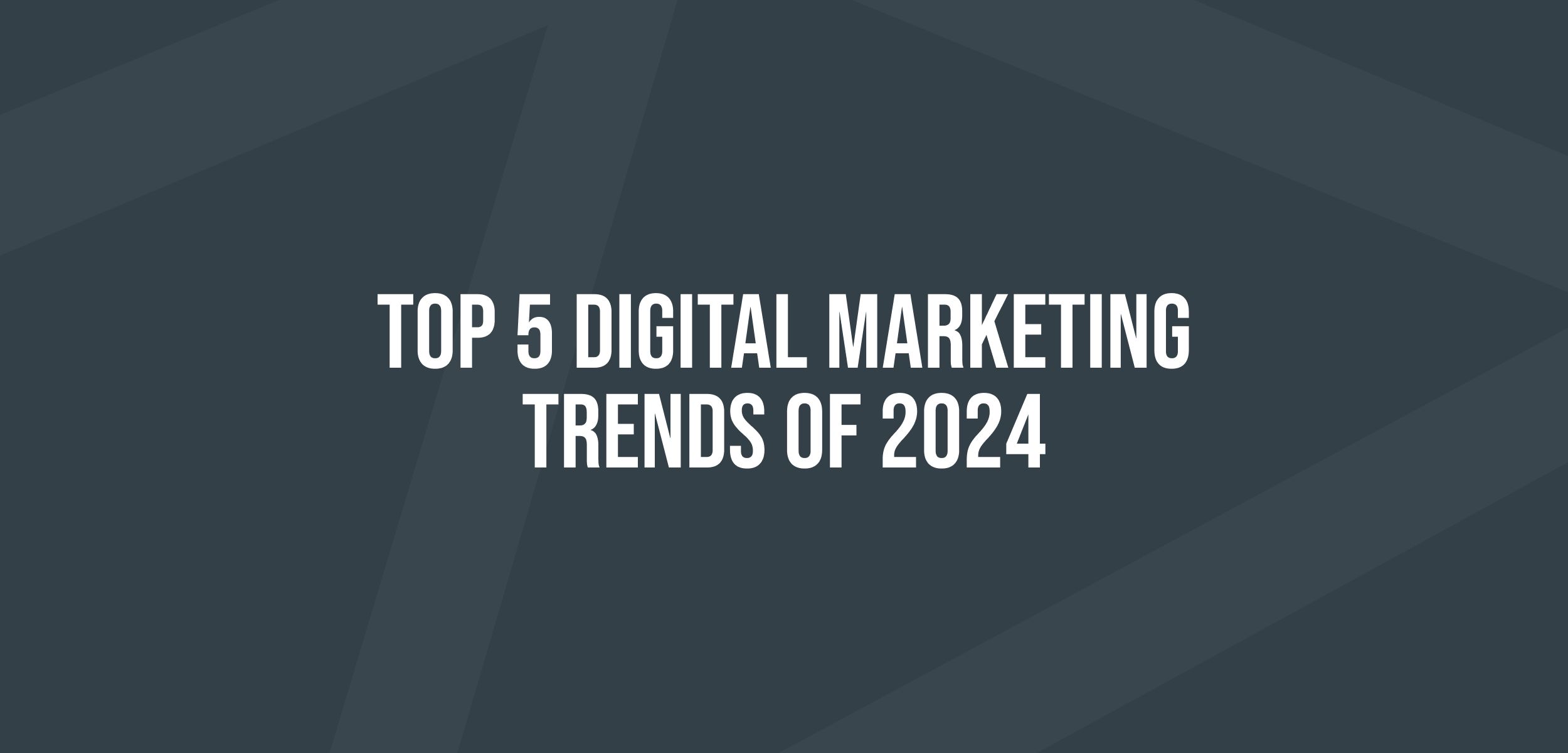
Darwinism for digital: disrupt or be disrupted
Digital disruption has created a lot of buzz across industries in the last few years, along with a lot of anxiety in boardrooms across the world as leaders seek to protect their companies.
But from what?
Disruption is so broad and can affect so many parts of a business, it’s difficult to define. This means it’s also difficult to plan to mitigate.
So, what is digital disruption? Digital disruption is the transformation that occurs when new digital technologies or ways of doing business fundamentally change the value proposition typically expected in that industry.

We want to be ready when video-on-demand happens. That’s why the company is called Netflix, not DVD-by-Mail.
Reed Hastings, Founder, Netflix, 2005
Are you with me so far?
Digital disruption isn’t really a ‘thing’ that companies must do. It’s what happens when a company identifies a better way of doing business using new digital technologies, exploits a market or opportunity and answers a need among customers.
This in turn has a significant effect on the companies in that space who are maintaining a traditional course. This won’t be a sudden change, but shifts in market share, revenue and profitability as a result of disruption will take place, causing ‘traditional’ businesses to atrophy on an exponential scale through lack of investment and inability to compete with the disruptor.
Digital disruption isn’t new, but it’s happening more and much faster as technology advances and catches up with business needs. Just some examples of companies that have disrupted their industries are Netflix in entertainment (remember Blockbuster?), Apple with the iPhone back in 2007, Amazon in the retail space, and Tesla in automotive.
Think about it. Apple and Amazon are often vying for the top spot as the world’s most valuable company, Netflix streams 100mn hours of content every day, and Tesla outsold Mercedes in the US late last year, after just eight years in the market.
So, the take away is be the disruptor, rather than let your business be disrupted. Great, so now you should be building digital disruption into your business plan, right? Not quite.
Don’t disrupt or ‘do digital’ for the sake of it. It must serve a purpose, such as meeting customer demand, improving operational efficiency or lowering cost of doing business. All too often, we hear from clients that they need to be launching a digital campaign or digitally transforming themselves. This is true, because digital opens up so many opportunities to deliver better business performance and customer satisfaction. But it needs to be done with a strategic objective (or indeed, the customer) in mind, rather than it being an objective in itself.
New technologies and digital advancements are already disrupting the marketing space, from big data, AI and machine learning, through to voice assistants and the Internet of Things (IoT).
By taking a holistic view of your business, looking ahead at trends in the industry and customer behaviour, and thinking about how new technologies can be applied to create a more efficient business that improves the customer’s experience, this will form the first steps in digitally transforming your business.
Of course, I’m not saying that by taking this approach you’ll disrupt your industry, but you might make the incremental changes need to adapt, evolve and survive in an increasingly changing business environment.
Novacom is an award winning B2B digital marketing and customer experience agency focusing on delivering transformation initiatives that deliver real value for our global clients.
© 2024 Novacom Group Limited. All rights reserved. Legal and Privacy



